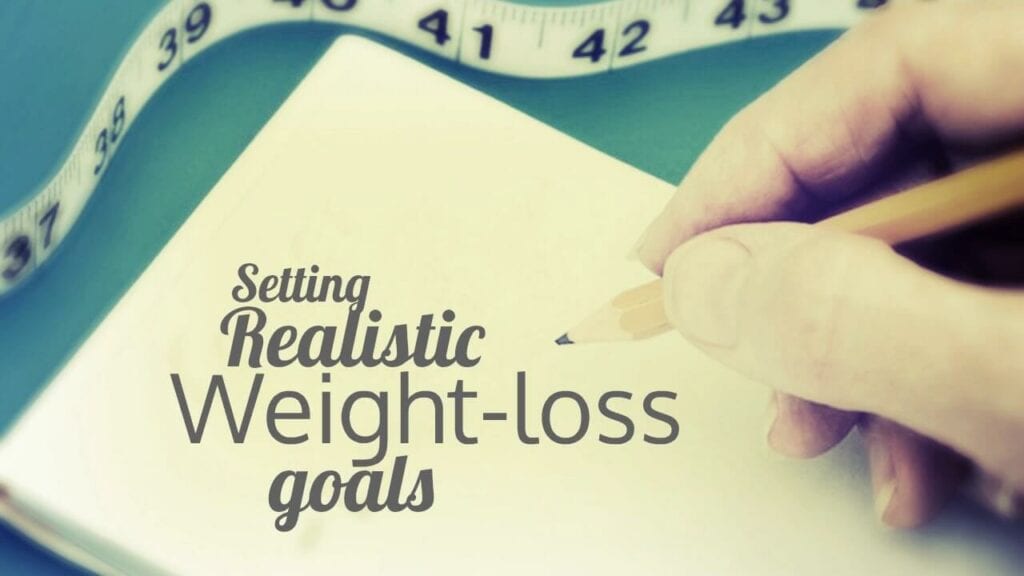
How to Reduce Overweight in 2024
How to Reduce Overweight in 2024, In our modern world, where sedentary lifestyles and processed foods dominate, overweight and obesity have become significant health concerns. The year 2024 brings new challenges and opportunities for those seeking to reduce overweight effectively. In this comprehensive guide, we delve into proven strategies and expert tips to help you achieve your weight loss goals and improve your overall well-being.
Welcome to a comprehensive guide on tackling the pressing issue of reducing overweight in 2024. In today’s fast-paced world, where health and wellness are paramount, understanding effective strategies for weight management is crucial. This article aims to provide in-depth insights and practical tips to help individuals achieve their weight loss goals and lead healthier lives. We will explore nutrition, physical activity, behavioral changes, and the importance of professional guidance in this holistic approach to weight management. Let’s dive into the world of healthy living and discover how to make sustainable changes for a better tomorrow.
Let’s dive deep into actionable steps, expert advice, and empowering practices that will guide you towards achieving your weight loss goals and transforming your life for the better. This guide is not just about losing weight; it’s about embracing a holistic approach to health that nurtures your body, mind, and spirit. Get ready to embark on a journey of empowerment and wellness.
Read more: How to Create a Professional 3D Logo in 2024
Understanding the Challenge

Before delving into weight loss strategies, it’s crucial to understand the underlying factors contributing to overweight and obesity. Dietary habits, physical activity levels, genetics, metabolic health, and environmental factors all play a role in determining an individual’s weight status. By comprehensively understanding these factors, we can tailor effective solutions for weight management.
Setting Realistic Goals

The journey to weight loss begins with setting realistic goals. Crash diets and extreme workout regimens often lead to temporary results and can be detrimental to overall health. Instead, focus on sustainable changes that you can maintain in the long term. Aim for a gradual and steady reduction in weight, typically 1-2 pounds per week, which is considered healthy and achievable.
Nutrition: The Foundation of Weight Loss

Proper nutrition forms the cornerstone of any successful weight loss plan. Emphasize whole foods such as fruits, vegetables, lean proteins, and whole grains while minimizing processed foods, sugary beverages, and excessive fats. Portion control is also crucial; be mindful of caloric intake versus caloric expenditure to create a calorie deficit for weight reduction.
The Power of Physical Activity

Alongside dietary changes, incorporating regular physical activity is essential for weight management and overall health. Aim for at least 150 minutes of moderate-intensity exercise per week, such as brisk walking, cycling, or swimming. Additionally, strength training exercises two to three times per week can help build muscle, which in turn boosts metabolism and burns calories more efficiently.
Behavioral Strategies for Success

Behavioral changes are key to sustaining weight loss over time. Consider mindful eating practices such as eating slowly, listening to hunger cues, and avoiding emotional eating. Keeping a food journal can also increase awareness of eating patterns and aid in making healthier choices.
Seek Professional Guidance

For personalized weight loss guidance and support, consider consulting with healthcare professionals such as dietitians, nutritionists, or fitness trainers. They can provide individualized plans tailored to your specific needs and health goals, ensuring a safe and effective approach to weight management.
Conclusion
In conclusion, reducing overweight in 2024 requires a holistic approach that encompasses nutrition, physical activity, behavioral changes, and professional guidance. By adopting sustainable habits and setting realistic goals, you can embark on a successful weight loss journey that not only improves your physical health but also enhances your overall quality of life.
Remember, setting realistic goals, seeking professional guidance when needed, and adopting mindful eating practices are key elements in this journey. With dedication, perseverance, and a commitment to healthy living, anyone can achieve their weight loss goals and enjoy a healthier, happier life.
As you navigate this transformative journey, celebrate every milestone and victory along the way. Each healthy choice you make, each step you take towards empowerment, brings you closer to your goals. Stay committed, stay empowered, and watch as your life transforms into a vibrant reflection of health and vitality.
Frequently Asked Questions (FAQ) on Reducing Overweight
- What are the key factors contributing to overweight and obesity?
- The key factors include dietary habits, physical activity levels, genetics, metabolic health, and environmental influences.
- How much weight loss is considered healthy and achievable?
- A gradual and steady reduction of 1-2 pounds per week is considered healthy and sustainable.
- What types of foods should be emphasized in a weight loss diet?
- Emphasize whole foods such as fruits, vegetables, lean proteins, and whole grains while minimizing processed foods and sugary beverages.
- What role does physical activity play in weight management?
- Regular physical activity, including both cardiovascular exercises and strength training, helps burn calories, build muscle, and improve overall fitness.
- What are some behavioral strategies for successful weight loss?
- Behavioral strategies include mindful eating, portion control, keeping a food journal, and avoiding emotional eating.
- Is professional guidance necessary for weight management?
- Seeking guidance from healthcare professionals such as dietitians, nutritionists, or fitness trainers can provide personalized plans and support for effective weight management.
- How can one maintain weight loss in the long term?
- Maintaining weight loss requires ongoing commitment to healthy habits, regular physical activity, and mindful eating practices, along with periodic reassessment and adjustments as needed.
- Are there any specific tips for overcoming weight loss plateaus?
- To overcome plateaus, consider varying your exercise routine, reassessing your calorie intake, staying hydrated, managing stress, and ensuring adequate sleep.
- What are the health benefits of achieving a healthy weight?
- Achieving a healthy weight can lead to improved overall health, reduced risk of chronic diseases such as diabetes and heart disease, increased energy levels, and enhanced self-confidence.
These FAQs provide a brief overview of common questions related to reducing overweight and maintaining a healthy lifestyle. For personalized guidance, consult with healthcare professionals or certified experts in nutrition and fitness.


